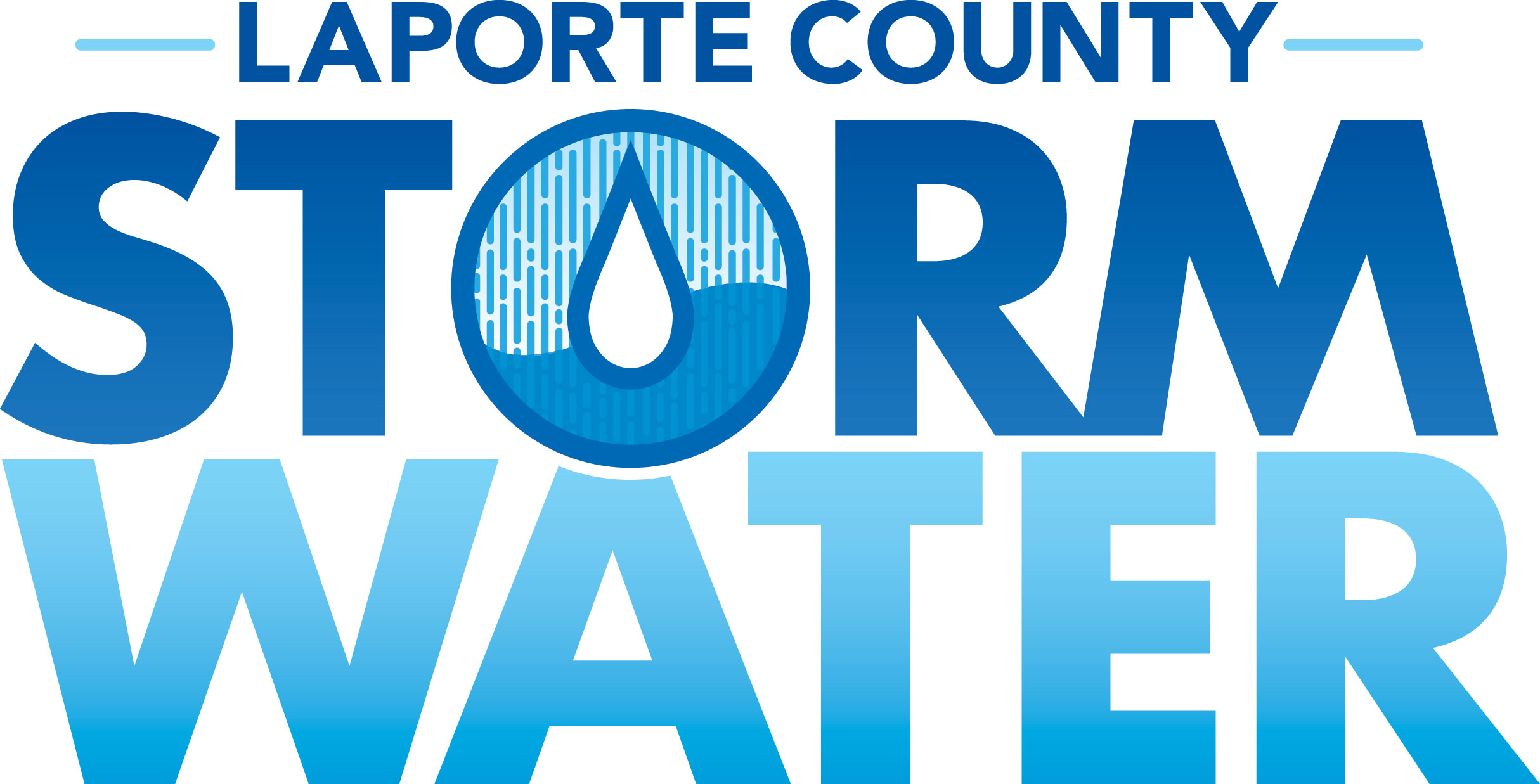Business and Industry
CONTACT

HOURS
Monday – Friday
8:00 AM – 4:00 PM
Notice: Due to the nature of our business, the office may not be staffed periodically throughout the day. Please call ahead or email before coming out.
What can Business Owners and Industrial Operators do to prevent stormwater pollution?
ELIMINATE IMPROPER DISCHARGES, CONNECTIONS OR ILLEGAL DUMPING
- Don’t dump grease down the storm drain or onto the ground. Grease can clog pipes, block storm drains and decrease water quality
- Be sure all of your sanitary drains and floor drains are properly routed to the sanitary system. They should NOT be connected to the stormwater system
GOOD HOUSEKEEPING
- Never dump mop or other cleaning water down storm drains. Dispose properly in sanitary drains
- Be sure all of your waste and trash containers are leak proof and have tight-fitting lids
- Inspect your dumpsters! Be sure they are trash and leak free. Pick up and dispose of any loose trash and clean up spills properly
- If possible, use bio-degradable cleaning products
PARKING LOTS AND SIDEWALKS
- Keep your parking lots regularly swept
- Sweep up winter sand and salt and fall leaves on your sidewalks and parking lots
- DON’T hose down your parking lots unless the run-off can enter a grassy or vegetated area to soak into the soil
- Regularly remove gravel/sand/leaves/debris from your parking lot before they can be washed into the storm drains
- Promptly clean up any parking lot spills such as oils, fuels, etc. with absorbant material disposed of properly
GROUNDS
- DON’T apply herbicides, pesticides or fertilizers in ditches or on sidewalks or parking lots adjacent to ditches or drains
- Mulch grass clippings into the turf during mowing, do not allow grass clippings to wash down storm drains. Sweep them up!
- Check your sprinkler systems! Maintain them properly so they are not causing run-off into the storm drains
- Maintain landscaping beds. Do not allow mulch to wash into storm drains
- Use fertilizers, pesticides and herbicides carefully and sparingly
PRESSURE WASHING/CLEANING
- When cleaning facilities, identify where the water will flow
- Do not allow cleaning water to flow down stormdrains
- Utilize socks, booms, storm drain covers or other management practices to protect storm drains from wash water run-off
